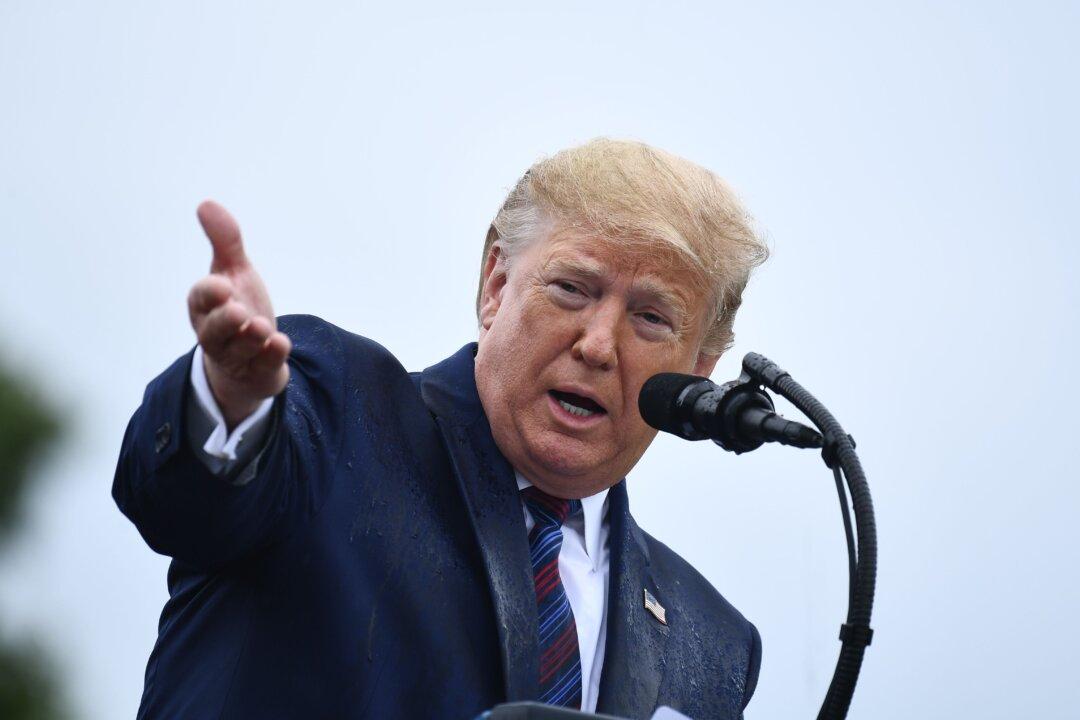President Donald Trump on Sept. 30 demanded to know which officials changed the rules on a whistleblower form for complaints submitted to the Office of the Inspector General of the Intelligence Community.
Sometime between May 17, 2018, and Sept. 24, 2019, the office removed language from the Urgent Concern Disclosure Form that notified complainants that their reports wouldn’t be transmitted pursuant to the Intelligence Community Whistleblower Protection Act (ICWPA) unless they had first-hand knowledge of alleged wrongdoing.





